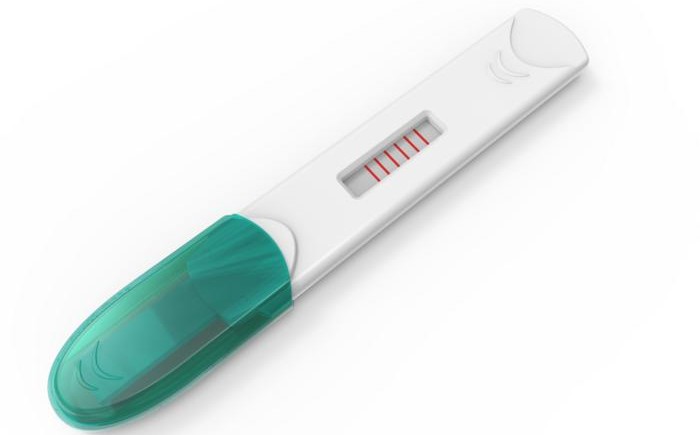Researchers have developed a urine-based test combined with artificial intelligence (AI) to predict exacerbations of chronic obstructive pulmonary disease (COPD) up to seven days before symptoms appear. This innovation could allow for early intervention to prevent severe flare-ups in patients with COPD.
Published in ERJ Open Research | Estimated reading time: 6 minutes
COPD, a long-term lung condition that includes chronic bronchitis and emphysema, affects millions worldwide and is the third leading cause of death globally, according to the World Health Organization. Flare-ups, or exacerbations, can significantly worsen symptoms like coughing and difficulty breathing, sometimes leading to hospitalization or permanent lung damage.
To address this challenge, researchers from the University of Leicester, UK, developed a test that measures levels of five biomarkers in urine samples. Patients performed simple daily dipstick tests at home and submitted their results via a mobile app. AI analysis of these data allowed researchers to predict symptom exacerbations approximately a week before they occurred.
“COPD exacerbations are when someone with COPD becomes very ill and needs additional treatment either at home or in hospital,” explained Professor Chris Brightling, who led the study. “It would be better if we could predict an attack before it happens and then personalize treatment to either prevent the attack or reduce its impact.
“The study involved two phases: first, identifying biomarkers linked to COPD flare-ups by analyzing urine samples from 55 patients. Then, 105 patients were monitored daily for six months using the newly developed test. Researchers employed an artificial neural network (ANN) to detect changes in these biomarkers, achieving a prediction accuracy with a median lead time of seven days.
Professor Brightling highlighted the test’s convenience: “The advantage of sampling urine is that it’s relatively quick and easy for patients to do at home on a daily basis.” He noted that refining the AI tool with data from more patients could further enhance its reliability, potentially leading to tailored care that minimizes exposure to flare-up triggers like pollution or allergens.
While the results are promising, the study emphasizes the need for larger-scale trials to validate the AI model and integrate it into clinical practice. If successful, this approach could significantly improve the quality of life for COPD patients by enabling proactive, personalized care.
Glossary
- COPD: Chronic obstructive pulmonary disease, a progressive lung condition causing breathing difficulties.
- Biomarkers: Biological molecules indicating a normal or pathological state, used for diagnosis or prognosis.
- Artificial Neural Network (ANN): A type of AI modeled after the human brain, used for recognizing patterns and making predictions.
- Exacerbation: A worsening or flare-up of symptoms in chronic diseases like COPD.
- Dipstick Test: A simple diagnostic tool that measures specific substances in bodily fluids like urine.
Quiz
What does the AI-powered urine test measure?
Answer: Levels of five biomarkers associated with COPD exacerbations.
How far in advance can the test predict a COPD flare-up?
Answer: About seven days before symptoms appear.
What method does the test use to predict flare-ups?
Answer: An artificial neural network (ANN) analyzes daily urine test results.
Why is urine sampling considered advantageous?
Answer: It is quick and easy for patients to perform at home daily.
Enjoy this story? Subscribe to our newsletter at scienceblog.substack.com
If our reporting has informed or inspired you, please consider making a donation. Every contribution, no matter the size, empowers us to continue delivering accurate, engaging, and trustworthy science and medical news. Independent journalism requires time, effort, and resources—your support ensures we can keep uncovering the stories that matter most to you.
Join us in making knowledge accessible and impactful. Thank you for standing with us!

